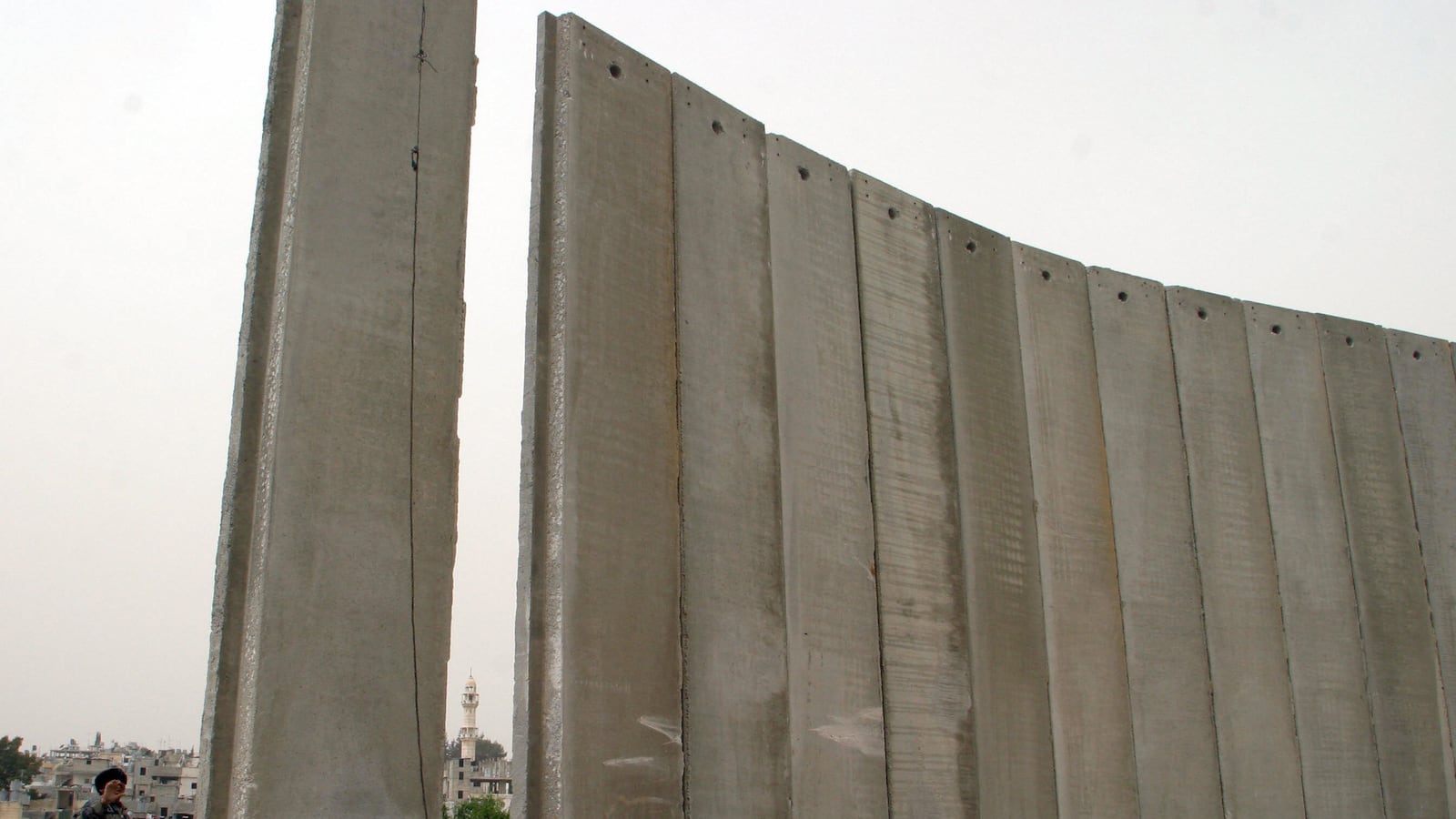Writing in the Times, Peter Beinart urges supporters of a “democratic Jewish State” to launch a boycott of Jewish settlements in the occupied territories. Unlike many efforts to organize against the occupation, what he proposes is shot through with sympathy for Israel and Israelis. Ostracize the territories (“nondemocratic Israel”), Beinart instructs, but support the state within the Green Line (“democratic Israel”). Acknowledge, too, that many settlers themselves find themselves in the territories only because government policy extruded them there, making them victims as well as victimizers.
And above all, don’t give up on Israel, even if its leaders seem to have lost their way, and despite the fact that “boycotting other Jews is a painful, unnatural act.” Beinart expresses the furrowed-browed concern of a guy planning an intervention for an alcoholic brother about to lose his job, family and health, who just can’t help himself. His proposal is the work of a mensch and, no doubt, an act of love.

Still, “Zionist BDS,” as Beinart calls it, is a bad idea—because of what it says, and what it would do.
One thing the proposal says is, despair of Israeli politics. We’ve passed the point of trying to persuade, cajole and argue. And we’ve long passed the point of listening to those in the political center, who fear that the return of the territories now, in the present circumstances, would produce a state of perpetual violence, threat and misery. How much more so, the right, whom we have long dismissed as fanatic and, recently, fascist. It is a commonplace that Israel’s government is broken, irrevocably in the hands of extremists and millenarians who are unable and unwilling to compromise, even if their intransigence means the end of Israel’s democracy or even the country’s very existence.
But there is plenty of reason to think this commonplace is wrong. The past twenty years have produced the Oslo Accords, the Wye Plantation agreements, the near-miss 2000 Camp David negotiations, the withdrawal from Gaza and the intensive Abbas-Olmert negotiations documented in the Palestine Papers. Each of these was flawed, perhaps fatally, but to look at them and conclude that Israeli politics is too broken to produce progress towards peace is to willfully ignore the record. Ehud Olmert, Arik Sharon and Tzippi Livni—all leaders of richly hard-line, Likud heritage—each grew willing to relinquish territories in ways that no one anticipated. Behind the call for a boycott is despair and wary impatience with Israel beyond what a generation of recent history justifies.
Another thing “Zionist BDS” says is that the settlers and the settlements are the problem. This binary division by geography—the mapping of good, democratic Israelis within the 1967 borders, and bad, nondemocratic Israelis beyond them – too easily lets those of us who live within the Green Line off the hook. It also too easily vilifies the settlers. It casts the issue as a morality play, with me (a democratic Tel Aviv leftist opposed to the occupation) versus them (nondemocratic and self-serving settlers). In fact, the issue is us, all of us, and the problem is ours, all of ours. Us and the Palestinians, who have also played a role in the ongoing tragedy of the occupation, and not only as victims. Palestinian terror, holocaust denial and unwillingness to find any legitimacy in Jewish nationalism, have a place alongside Israeli misdeeds in the troubled history of the occupation. All this is lost in a binary distinction between democratic and nondemocratic Israel.
Which leads to what “Zionist BDS” would do. It would reify the division between Israelis living within the Green Line and those living beyond it. It would further enlist Israelis into camps, and draw moderate Israelis, who are disgusted with the occupation yet are unwilling to view as enemies their relatives and friends living over the Green Line, into league with settlers. And it would entrench a mirror division between American Jews who advocate boycott and those who never could. A boycott would add to, rather than diminish, the confounding the us-versus-them-itude that already characterizes discussion among Jews in Israel and Jews in America. A boycott would draw in India ink a line that we need desperately to erase.
Like Beinart, I long to see an end to the occupation. But the way to end the occupation is not to cordon off those who seek to maintain it, in Israel and abroad. The way to end the occupation is to engage those who seek to maintain it, to listen to them in hope of understanding, to respond, debate, cajole, argue, and negotiate—in short, to do those unruly things that messy politics demand.






